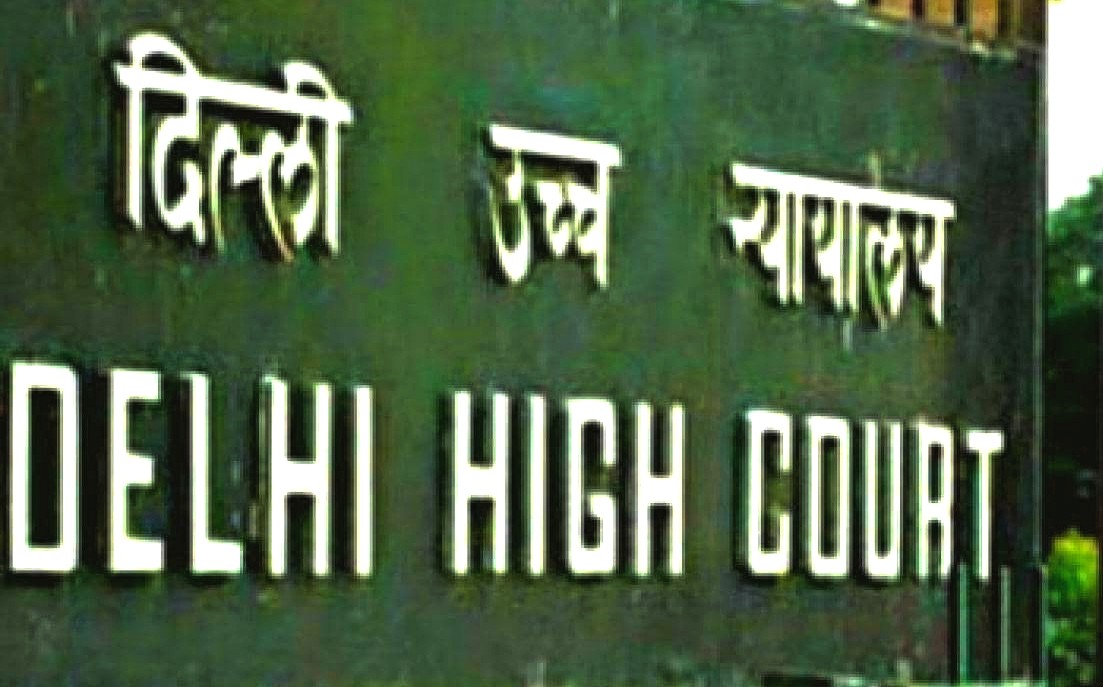High Court has power to set aside judgment of conviction against accused on basis of valid compromise, says Punjab & Haryana HC

Read Order: Mohinder Singh & Another v. State of Punjab & Another
Monika Rahar
Chandigarh, January 5, 2022: While dealing with a petition under Section 482 of the Cr.P.C., the Punjab and Haryana High Court has held that as per the settled position of law a High Court has the power to set aside the judgment of conviction against an accused on the basis of a valid compromise.
However, making a note of caution, the bench of Justice Vikas Bahl mentioned,“Thus, it goes without saying that the cases where compromise is struck post-conviction, the High Court ought to exercise such discretion with rectitude, keeping in view the circumstances surrounding the incident.”
The petitioners had approached the Court with a prayer seeking quashing of criminal proceedings emanating from an FIR registered against the petitioners along with others. This FIR resulted in their conviction under Sections 452, 323, 506 read with Section 34 of IPC. Thereafter, an appeal was made before the High Court challenging the decision of conviction. However, during the pendency of this appeal, the matter was compromised. The Illaqa Magistrate in its report stated the compromise to be genuine and bona fide.
The petitioners’ counsel submitted that the compromise was genuine and bonafide and he referred to the judgment in Ram Parkash and others Vs. State of Punjab and others (CRM-M-17272-2015) to contend that under similar circumstances, the petition under Section 482 of the Cr.P.C. was entertained and the FIR with all subsequent proceedings was quashed and even the judgment of conviction was set aside on the basis of compromise.
The State Counsel, on the other hand, opposed this petition and submitted that in the present case, the petitioners had already been convicted.
The Court was of the opinion that a perusal of the judgment of the Apex Court in the case of Ramgopal & Anr v. The State of Madhya Pradesh and Others would show that it has been held therein that the extra ordinary power enjoined upon a High Court under Section 482 Cr.P.C. can be invoked beyond the metes and bounds of Section 320 Cr.P.C. It has further been observed that criminal proceedings involving non heinous offences can be annulled irrespective of the fact that trial has already been concluded and appeal stands dismissed against conviction and that handing out punishment is not the sole form of delivering justice.
The Court noted that the occurrence which resulted in the FIR was a purely personal/ criminal act of private nature; the injuries were not dangerous to life and did not exhibit an element of mental depravity, and therefore quashing criminal proceedings would not override public interest.
According to the Bench, the petitioners’ conviction was irrelevant considering the fact that non-serious nature of injuries of the offence, the compromise was voluntary, and that the object of administration of the criminal justice system would remain unaffected on acceptance of the said amicable settlement between the parties and /or resultant acquittal of the petitioners.
Thus, the petition was allowed. The FIR and all the subsequent proceedings arising therefrom including judgment and order of conviction were set aside/quashed.
Sign up for our weekly newsletter to stay up to date on our product, events featured blog, special offer and all of the exciting things that take place here at Legitquest.




Add a Comment